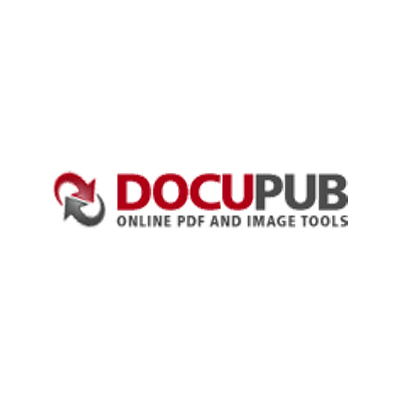If you need to convert your FPX files to the more widely compatible JPG format, you've come to the right place. Our website offers a variety of converters to help you make the transition seamlessly. Converting FPX to JPG has several benefits. Firstly, JPG is one of the most commonly used image formats, making it easy to share and view on different devices and platforms. By converting your FPX files to JPG, you ensure that they can be accessed and opened by a wider audience. Additionally, JPG files are typically smaller in size compared to FPX files, which can free up storage space on your device or website. Our converters offer efficiency and convenience, allowing you to convert your files quickly and easily. Whether you prefer to use an online converter or dedicated software, we have options to suit your needs. Simply choose the converter that fits your requirements and begin converting your FPX files to JPG today!



FPX files are a type of image file that is commonly used in the field of digital photography. They were developed by Kodak and are known for their high-quality resolution and ability to store a large amount of color data. FPX files are typically used by professional photographers and graphic designers who require precise color representation and accurate image rendering. These files are commonly used in applications such as image editing software and digital asset management systems. The FPX file format supports both lossy and lossless compression, allowing for efficient storage and transfer of image files without sacrificing image quality. By converting FPX files to other more commonly used image formats, such as JPEG or PNG, users can ensure compatibility across different platforms and devices.
JPG files, also known as JPEG files, are a commonly used image file format. They are especially popular for storing photographs and other complex images due to their ability to compress the files without significant loss of quality. The JPG format utilizes a compression algorithm that reduces file sizes by discarding redundant data, resulting in smaller file sizes compared to other image formats. This makes them ideal for web pages and digital displays where quick loading times are important. While the compression does result in some loss of image quality, the average viewer typically cannot discern the difference. Besides their compact size, JPG files also have the advantage of being widely supported by various software and devices, making them highly versatile and accessible for sharing and storing images.